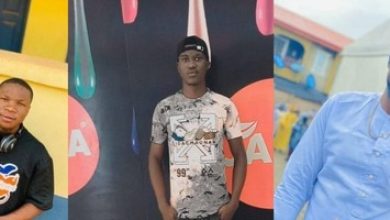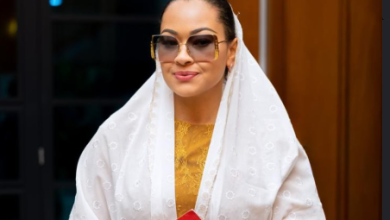
|
Getting your Trinity Audio player ready...
|
The West Africa Civil Society Institute (WACSI), in partnership with BAOBAB for Women’s Human Rights, has launched a three-month Feminists’ Intergenerational Mentorship Programme to strengthen the Feminist Movement in Africa.
The training initiative, which started on Tuesday, Nov. 19, 2024, includes participants from four countries: Ghana, Nigeria, Togo, and Cote d’Ivoire. Older feminists with a wealth of experience who have built solid women’s rights institutions will transfer their knowledge to younger generations, guiding them to make sustainable change.
Mentors include Ini Abimbola, CEO at ThistlePraxis Consulting Limited, and Gender Expert Antoinette Mbrou. Josephine Effah Chuwkuma, executive director of Project Alert, Esther Tawai, founder of Gender Centre for Empowering Development, and Bunmi Dipo-Salami, BAOBAB for Women’s Human Rights executive director, will also train participants.
The Founding Director of Naija Feminists Media, Simbiat Bakare, Fashion Illustrator Edna Igwe, Secretary at GHACOE Women’s Ministry, Abibata Alhassan, and Member of Civil Society Regional Reference Group for Africa, Abimbola Aladejare-Salako are mentees who will benefit from the training while sharing insights with their mentors.
Other younger generational mentees are Women’s Rights Advocate Fleure-Candince Dongo, Communications Consultant Seyi Bolaji, Gender Specialist Rachimini Moumouni, WACSI Intern Jemila Rotimi, Feminist Aisha Adam, and National Vice President of Progressives Young Women Forum Temitope Iwagun.
“This intergenerational mentorship for us is not merely an act of passing knowledge. It is a reciprocal exchange between the older and younger generation.” Omolara Balogun, Head of Policy Influencing and Advocacy Unit of WACSI, said, “It is one that creates a platform for wisdom to be shared within the two groups.”
Mentees will be given a refreshing course on feminist principles, how to apply for grants, engage in self-care as a feminist leader, and insights on resolving challenges their organisations face. They will also be taught how to utilise digital tools for advocacy, strategies for building professional relationships, and how to analyse policies that affect women’s rights.
Fellows shared their excitement about being selected to participate in the programme and the value they want to gain.
“As someone who has been championing gender equality, I intend to learn more about empowering other women,” Temitope Iwagun said.
Jemila Rotimi also shared a similar sentiment: “I look forward to learning, unlearning, and relearning while having the shoulder of a mentor to lean on.”
Similarly, mentors shared their enthusiasm for the initiative while urging mentees to maximise its benefits.
“As women on this continent, we need to support each other,” Nana Afadzinu, Executive Director of WACSI, said. “Don’t take this opportunity for granted to learn from women you would not have met otherwise.”
Bunmi-Dipo Salami added, “Through this programme, we have all gained sisters.”
The mentorship initiative will conclude with an in-person capacity-building workshop in Abuja, Nigeria, from Feb. 24 to 28, 2025.






